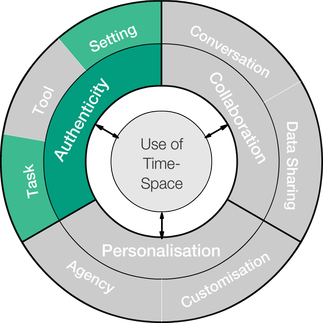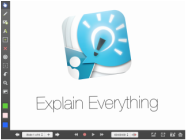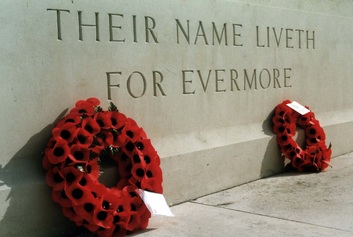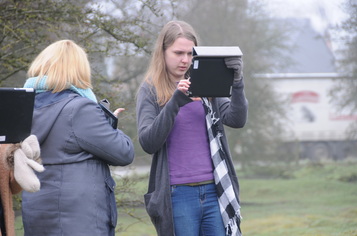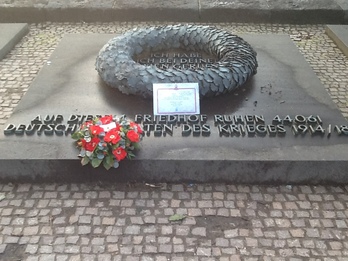Trainee History Teachers Using iPads in
fieldwork
Vertical Divider
|
As the video shows, students reported several advantages in using an iPad compared to traditional methodologies. They liked the fact that they only needed one device to undertake the field work rather than several (e.g. a camera; a voice recorder; a clipboard; pens and pencils) which would normally be the case. They also appreciated the opportunity to gain direct and immediate access to information about the visit when and where wifi was available. They found the iPad easy to use and often used it to record when the lead tutor was talking. The information that was collected was also available immediately in a digital format and could be used to make their own eBook without the need for any complicated editing tools or high level skills.
How could this scenario be extended?In the future the tutor would like to find more context sensitive tools and apps that students could use in the setting to identify and record where they were at the time (e.g. using GPS). It would be useful to have more augmented reality tools to overlay what they can see at each site with what was happening during the war. He also wants to find more ways to encourage students to take even more responsibility for their own learning during the visit.
|
|
